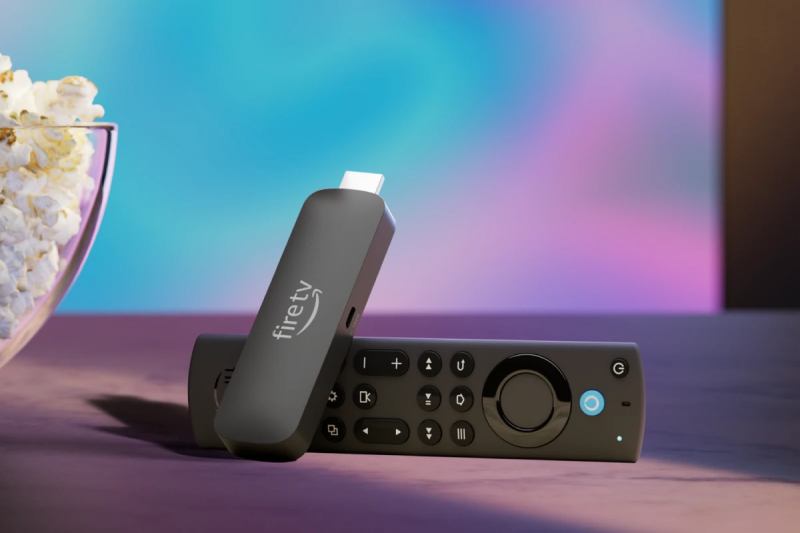Amazon is preparing the largest update to the Fire TV Stick since its release

There are rumors that Amazon is quietly developing a brand-new operating system for its well-known devices, such as the Fire TV Stick, Echo Show, and Fire tablets.
It is said that Amazon is already testing this mysterious new software in the wild. If successful, it could lead to faster performance and allow the company to create products that have never been seen before.
version of Google’s open-source Android software, but you wouldn’t know it because the massive Seattle-based retailer has totally revamped the look, replaced the Google Play Store with its own Amazon App Store, and prioritized simplicity over Android’s well-known customizability.
Why would Amazon want to go its own way after all that effort?
Numerous theories exist regarding the factors that led the company to start creating its own operating system (codenamed Vega OS) from the ground up, which is no easy task considering that the company has sold over 200 million Fire TV devices.
First off, Amazon bases its operating system on the open-source version of Android, which is consistently a little behind the most recent version released by Google.
As an example of the problem, the most recent version of Amazon’s software, FireOS 8, is built on the four-year-old Android 10; in contrast, the newest tablet from Google comes pre-installed with Android 14, the most recent version of the software that was only released a few months ago.
The flexibility to create innovative new features at its own speed would be a great advantage for Amazon if it hopes to compete with the newest devices from Apple and Google.
Rebuilding the operating system from the ground up might enhance the devices in Amazon’s lineup in terms of performance.
The US-based company offers a wide range of products, including tablets, video doorbells, e-readers, smart photo frames, robot assistants, in-car infotainment systems, and smart speakers. However, the Android software that powers these devices was initially created for smartphones. That leaves a lot of unnecessary baggage in the code, which can affect the device’s overall speed, particularly on devices with less powerful chips that are less expensive.
Finally, leaving Android would free Amazon from its Google entanglements. These companies have a tense relationship and compete in several markets, such as tablets, streaming dongles, and smart speakers.
For many years, Amazon declined to carry Google Nest products in its online store, and Google prevented the YouTube app from operating on Fire TV and Echo Show devices. The situation has softened in recent years, with practically all Google Nest and Pixel devices now offered by Amazon, including direct rivals to Ring and Amazon products.
It makes sense that Amazon doesn’t want to be dependent on Google’s open-source operating system project, even with their less cordial relationship.